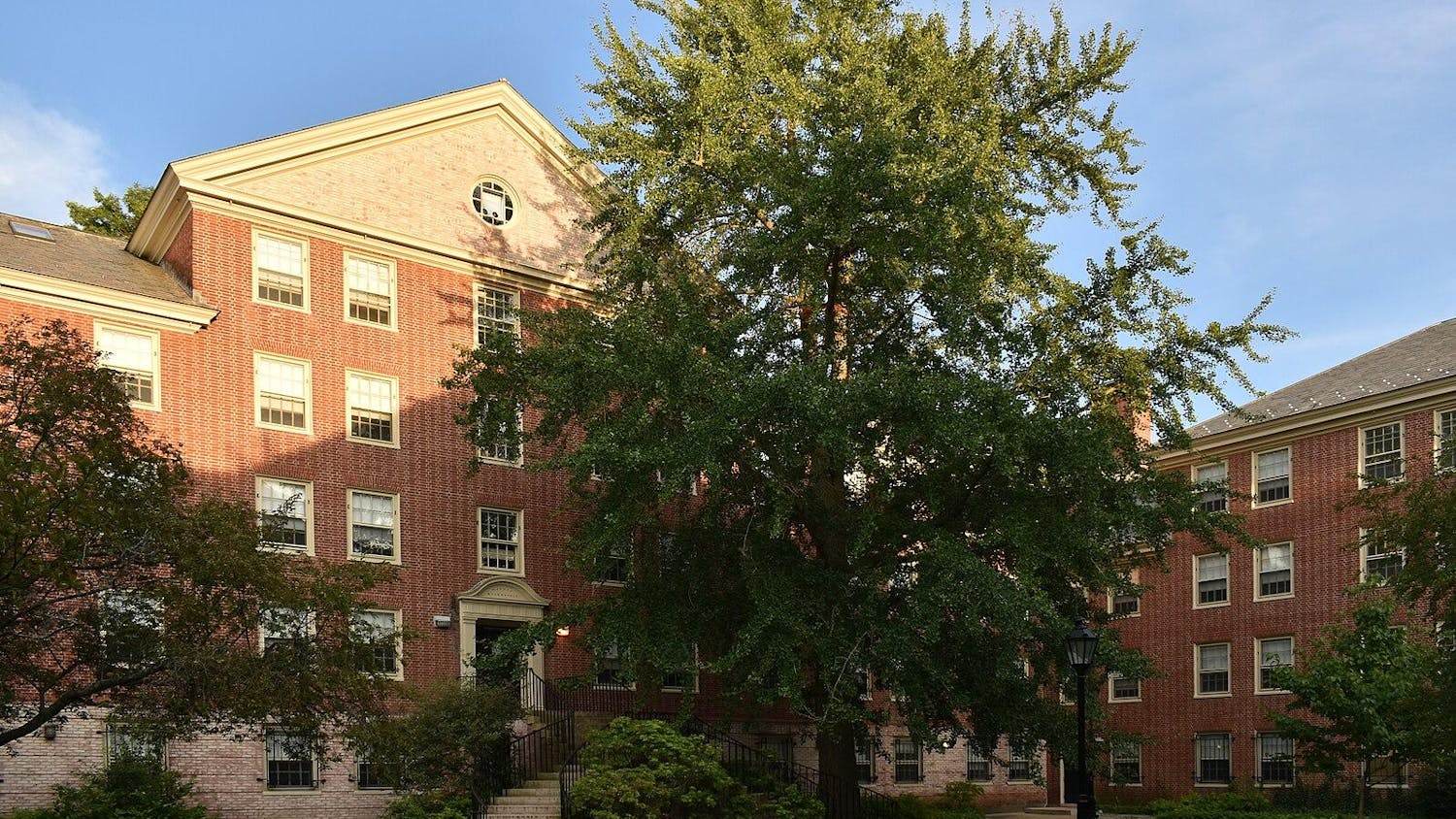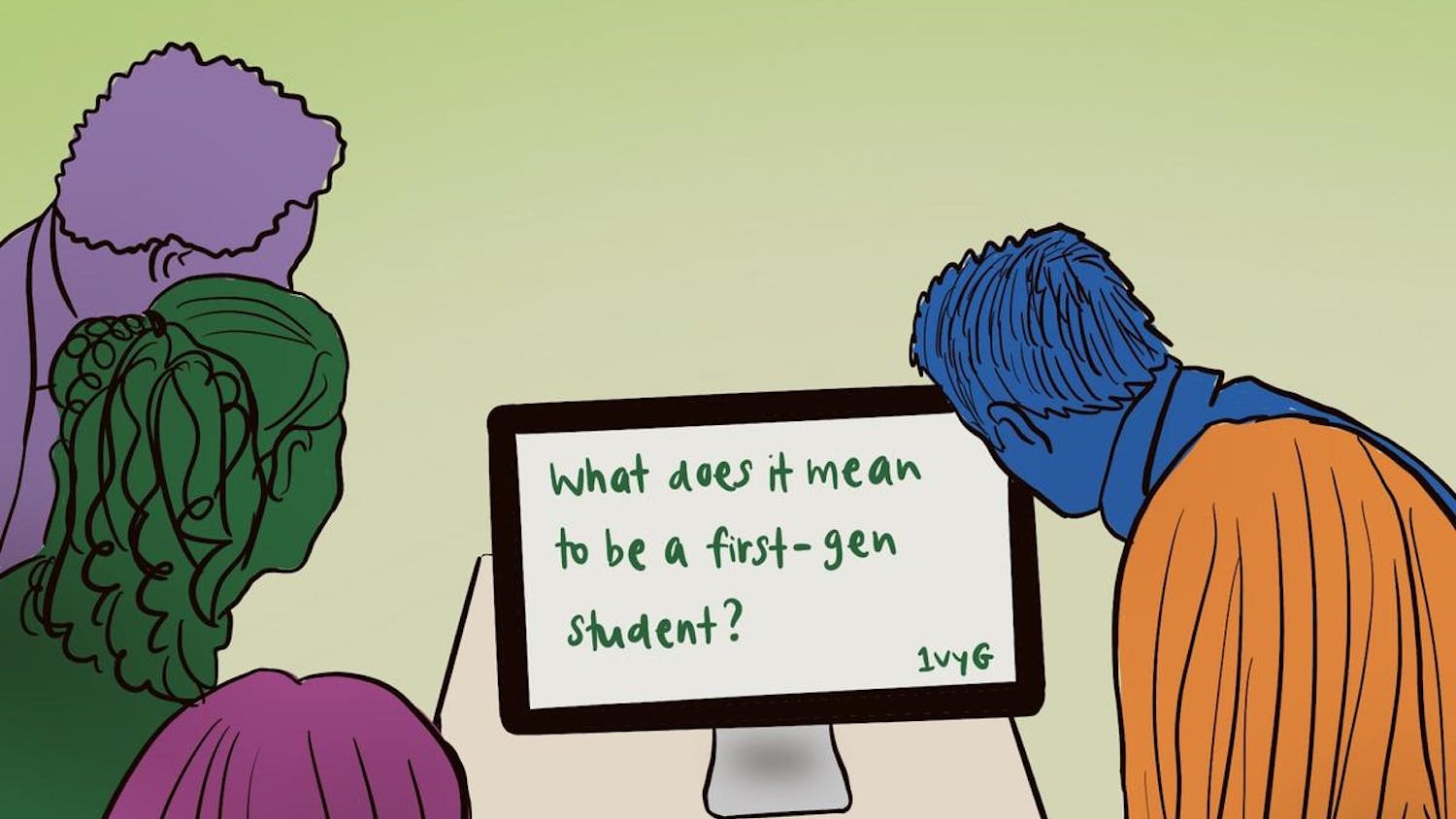The International Writers Project can continue funding its fellowship after securing two substantial gifts this month.
Though the project — which invites a fellow from a country where his or her writings have been censored to the University —has existed for 20 years, it does not have a permanent endowment.
Funding a year-long fellowship costs about $70,000, said Robert Coover, visiting professor of literary arts and director of the project. It provides health benefits, a stipend and living expenses for the fellow and the fellow's family. That figure also includes funds to remove the fellow from his or her country of origin and, if necessary, from prison.
The fellowship gives persecuted intellectuals a safe space to further their work. The fellow is also given an office at the Watson Institute for International Studies.
The program was first funded by former University President Vartan Gregorian, then by the William H. Donner Foundation and a combination of anonymous grants.
Since securing the two large gifts, the program is working to obtain a third, Coover said. "Until now, with these two gifts, we couldn't know for sure in February if we could offer fellowships," he said. "We are set for the first two years certainly. I'd love to have something more steady than that."
The Office of Advancement has worked to raise money for the project for the last two years, but progress has been slow, he added.
Coover said his goal is to endow the project and then to hire a full-time employee to administer it.
"I have an office to write, send my writings to my students in Cambodia, write for the blogs and media for people to read them," said Kho Tararith, this year's fellow. Tararith is a Cambodian poet, writer, publisher and educator whose writings and promotion of human rights and democracy in Cambodia had attracted death threats and verbal attacks at home. He also helped to found PEN-Cambodia, an international organization that promotes freedom of expression and condemns censorship.
The International Writers Project regularly collaborates with PEN-America to select fellows to invite to Brown.
"I wrote about contemporary issues in Cambodia," Tararith said, referring to his poetry and fiction.
There would be too much pressure if he stayed in Cambodia because it is dangerous for intellectuals, he said. "When we are inside, we don't have connections abroad."
"If I can continue to stay abroad, it's better," he added.
Past fellows have come from countries such as China, Cuba, Turkey, Iran and the Democratic Republic of the Congo.
To raise additional money, the program runs a festival every year that focuses on the fellow's work and the art and culture of his or her region.
Planned for mid-March, this year's festival will focus on Cambodia and Southeast Asia and will include authors whose writings pertain to issues of the region. The festival will include a premiere of the film "Enemies of the People" and a discussion panel about Cambodian literature with writers including English author Geoff Ryman and author Alan Lightman, an adjunct professor at the Massachusetts Institute of Technology.
The fellows, who are actively involved with the festival, help to bring people they know to the festival, give readings, participate in discussion panels and are invited to talk in classes.
"The effort to keep the voice alive is worthwhile," Coover said. "The program serves as a beacon of possibility for those in trouble."
Coover said the fellows are not the only beneficiaries of the program because it also provides students a unique opportunity to further their understanding of the world and freedom of expression abroad.
"The benefit goes two ways," he said.




